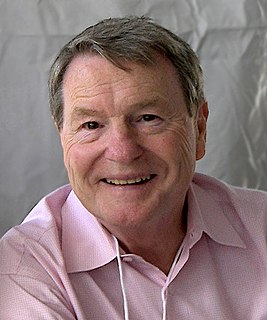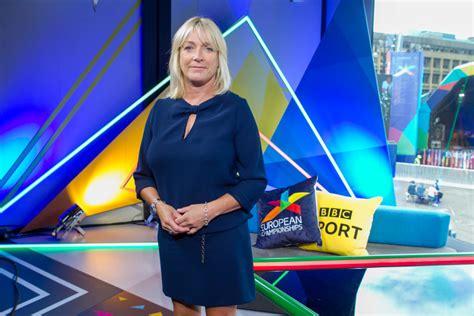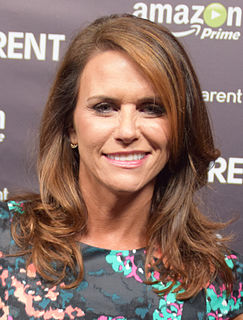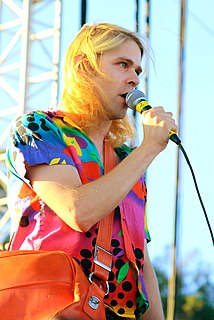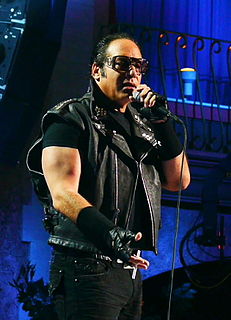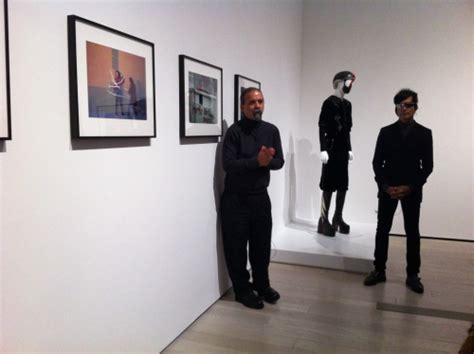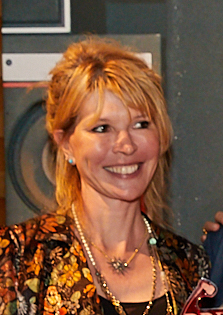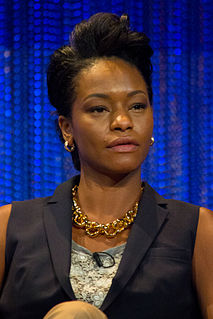A Quote by Jim Lehrer
I started as a print reporter. I’m a journalist and that’s what I do. My function is an anchorperson, but it’s in a journalism context, and gravitas and coats and ties and haircuts and all that sort of stuff, I’ll leave to others. My thing is just to do my job the best way I know how and as I say I’m very fortunate to be able to do it the way I want to do it.
Related Quotes
For some people, I got away with something. And you know what? That's a fair thing to say, for them. I'm not saying I agree with that, but I can see how they can say that. But it's a matter of just like...you know, I'm really fortunate. As a journalist, I don't have to agree with you to talk to you. My job is to figure out why you think the way you think. I want to get to the root of why you think the way you think. That's what I find most fascinating as a storyteller.
I didn't go to university. They offered me a job as a junior reporter and I went off to work for the Southern Reporter. They sent me to college to do my NCTJ, which is a professional exam for journalists, and I started work as a print journalist purely because I was just a pest. They couldn't think of anything other than giving me a job to stop me hanging around.
I've had a lot of fun, and when I talk to kids in journalism schools, I say, look, I know what the journalism teachers tell you that this is a great way to perform public service and all that, but I say the main reason, if you decide what you want to do is be a reporter, the main reason you want to do it is because it's just so much fun.
The print magazine and print journalism industry is obviously in a great deal of trouble, and one of the things that happened when this business started to give way to the Internet and to broadcast television is that a lot of organizations started cutting specifically investigative journalism and they also started cutting fact-checkers.
I reluctantly signed up for a journalism major, thinking I needed a fall-back way to make money should my career as a novelist fail to take off. As I started to try on journalism, including doing internships and working at the campus paper, I found I actually liked it. So I started to want to be a journalist.
As soon as you start to think of that thing that you want to convey or say, you can always just say it much better than you can actually rhyme it or stuff it into a song. It's very, very difficult to just kind of get your point across without going the back way. And you have to be good at that, to not think about things so hard. Let the pen take over, so that it's somebody else's job to dissect the lyrics and tell you what you're all about.
Very rarely have I worked with a director where we've been at odds. And by the time you've actually talked to somebody and you have the job, there's something that they see in you that they want you to bring to the character. And the best director says very little to you, acting-wise. They usually just say, "Okay, here's the shot." It's their job to do all that stuff, and your job's to do the acting. So it's very rare that somebody will say, "Oh, no. I conceived this very differently".
The remarkable thing about 9/11 was that journalism pretty much put down its badges. People didn't worry about reacting as human beings. People who weren't reporters reported. David Letterman was sort of a brilliant reporter for a second - but it was a way nobody had ever covered a story. They just presented what was inside themselves.
I'm no reporter. That's for the man with a suit and tie. I'm just relating to my people the best way I know, bringing them what they know and what they see out on the streets. I'm bringing it to them in a musical way, through a way of partying rather than violence. Now they can party their way through their problems.
You know, women are acting the way they want to act now. Years ago they would hide it in the way they dressed, the way they speak, even the way they act in bed. Today, they're doing the same thing, but they're dressing the way they want to be treated and, when you're with them, acting the way they want to act. And you know, honesty is the best policy. I love that.
Learning how to shine a pair of shoes to me was like if you could do, you were like you were on your way to having abilities and skills as to be able to spit-shine a pair of shoes like they're patent leather. You're a bad dude. To spit-shine a pair of shoes. So, even to that small detail, that aided me and assisted me in becoming the artist that I am. My uncles' sense of style, their type of ties they used. The way they wore their suits, big and huge and baggy. The way they did their haircuts with the side burns. All of that.
I think that I'm still very enthusiastic about every single thing that I do. I'm still very passionate. I never feel tired because I feel so involved and so com- mitted, so I enjoy it. And you know what? I have a lot of irony. I love the humor, and when I really, really want to just say, "You know what? I can't stand all this," I find an ironical way. I say, "You know, maybe you presume to be more intelligent than you are." So I respond in a more humoristic way.
